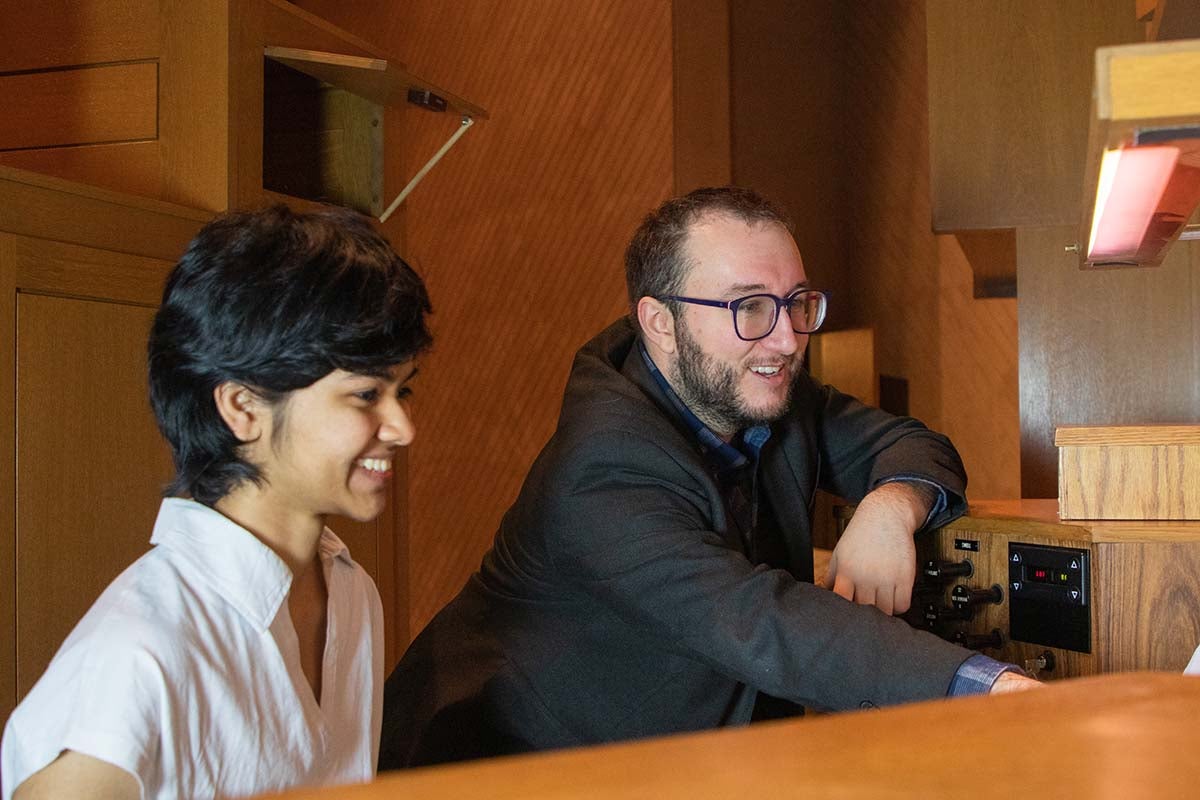Presenting the Person Behind the Application
You’re finally an adult (kind of). You’ve spent the past 17-18 years of your life creating and perfecting your personal brand. For the most part, you know who you are; you have developed your own style, sense of humor, and social circle. You increased your wisdom through various experiences in extracurricular activities and academics. You have a vision for who you want to be in the future—no matter how fuzzy that vision may be—and it’s a pretty great one.
So how do you put all that awesomeness down on white paper with black type?
As a former language arts teacher-turned college admissions counselor who likes meeting new people, having deep discussions, and reading descriptive writing, I go straight for the college essay. I think of this part of the college application as a way for me to see both your intellect and your character, and I take these essays very seriously.
After reading hundreds of these personal statements, less than ten of them truly stand out to me. They made such an impact that not only do I remember the applicants’ names, but I worked extra hard to meet their needs and solidify their spots on this college campus.
Exhibit A: The miniskirt.
One way to show a college’s enrollment department some of your best attributes is through storytelling, and everyone loves a comeback story. Write about a significant event in your life that was a challenge, then use this experience to illustrate your positive characteristics and how they could benefit you as a college student and a member of society.
When considering examples of model comeback stories, one applicant comes to mind. In her essay, she divulged information about a former disciplinary action against her. Apparently, she earned a detention for wearing a miniskirt that was deemed too short. Rather than simply providing facts about the incident, though, she retold the story with description, flare, humor, and creativity. I found myself both empathizing with her situation and laughing at her take on what happened.
In this instance, this applicant’s headstrong, artistic persona came through vividly in this narrative, and while you might think a high school detention might be cause for a rejection letter, I enjoyed reading her rendition of the event so much that I sent her a personal email commending her writing abilities. I liked her! By reading a narrative in which she was so candid and unapologetically herself, I was able to get a sense of her persona, and I could tell she was the kind of student I wanted to recruit.
Exhibit B: The sandwich.
Reviewing application after application can be mind-numbing, and reading applications with comical stories or perspectives can often break up the monotony. With that said, however, keep in mind that humor must be done tastefully. Make sure you understand the culture of the college to which you’re applying—would your sense of humor align with the college’s values?
The key in using humor effectively in a college essay, though, is it has to be purposeful. One of my favorite essays this past season was about a sandwich. Yep, that’s right. A sandwich. This essay, crafted with precision, an impressive vocabulary, and an air of nostalgia about—you guessed it—the sandwich left me smiling and wanting to read more. The best part? In the second half of the essay, the student used metaphor to compare himself to the pastrami sandwich and the deli to human society. It sounds weird, I know, but it worked extremely well. His thoughtful comparison, equipped with mouth-watering sensory details, made me crave a pastrami sandwich and want to get to know him better! That essay was a piece of art.
Exhibit C: The real connection.
I understand that each of our applicants has their own trials and tribulations, but every person has secret struggles. If you’ve been taught to make yourself sound strong and intelligent in your college essay, you’re not wrong. That doesn’t mean, however, that you can’t be vulnerable and real.
Without seeing your face or hearing you speak, I read your application and personal statement looking to find the human behind the application. As in every personal relationship, I seek ways I can relate to you. I want to know: What are your motivations? Insecurities? Who are you on the inside? And if you can show me who you are in a real way, I won’t forget about you.
Applicants do this in a variety of ways, and I remember them all. Homelessness. Domestic abuse. Racism. Parental deaths. Addictions. Mental illnesses. Insecurities. Fears. When I read heartfelt essays, I feel connected to you. I care about you. I want to advocate for you because you deserve to get the best possible education at an incredible school, and I want to make it happen.
I get it. Applying for colleges is stressful. Add in a pandemic and social isolation, and it can be challenging to know how to make your application colorful (figuratively, of course). The recipe for an effective college essay calls for resiliency, creativity, and authenticity. Crafting a brilliant essay can be tedious, but it can earn you some stellar benefits (and mad props from your admissions counselor)!
Related Posts

There are many often-overlooked benefits of going to college in a small town. From stronger campus connections to affordable entertainment, small-town colleges offer a rewarding experience for students seeking a balanced college life.

Worried about college music auditions? Discover how Luther College’s passion-first approach can help you shine and earn a scholarship– without the stress.
Admissions Office
Luther College
700 College Drive
Decorah, Iowa 52101
Phone: 563-387-1287